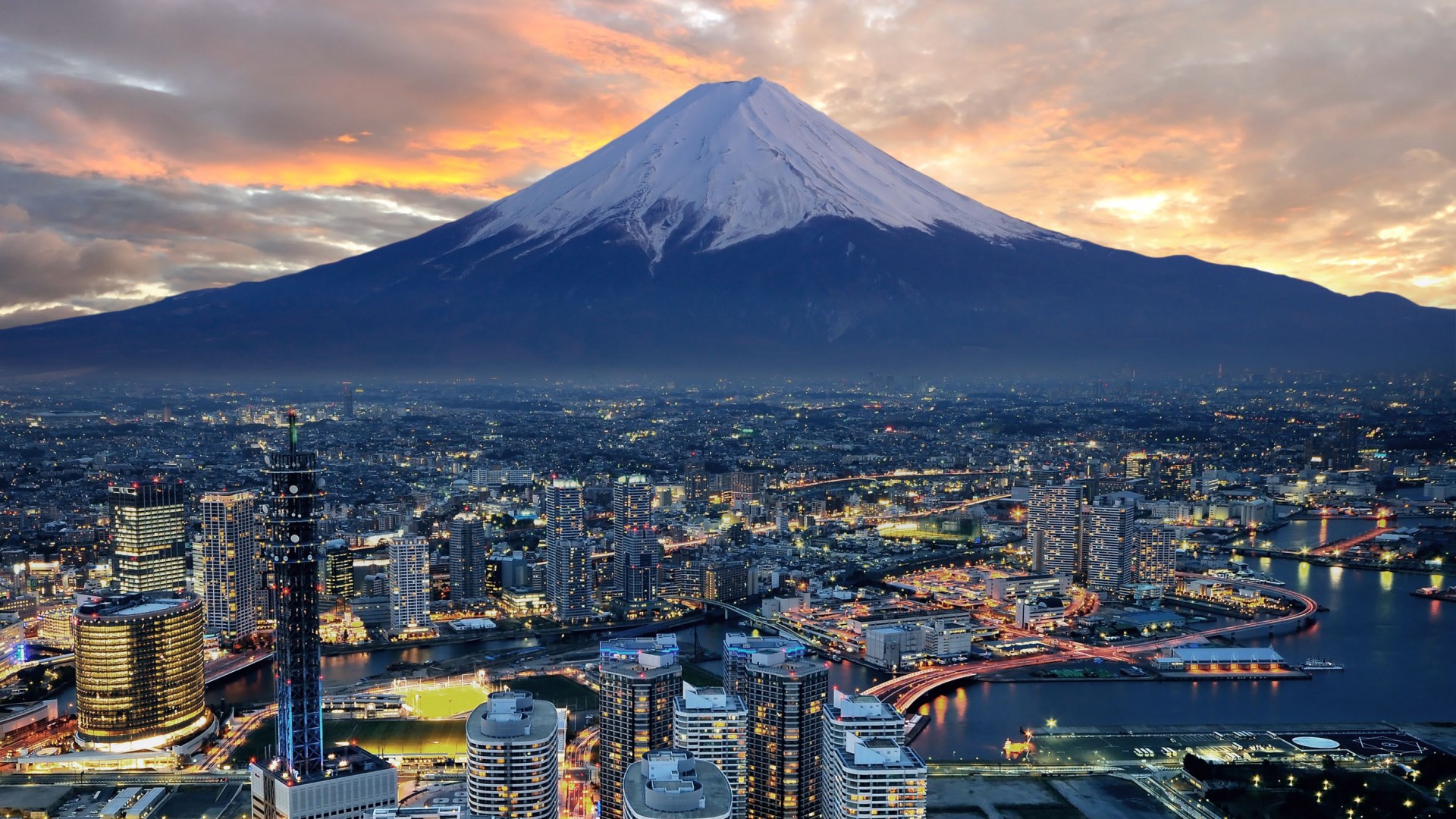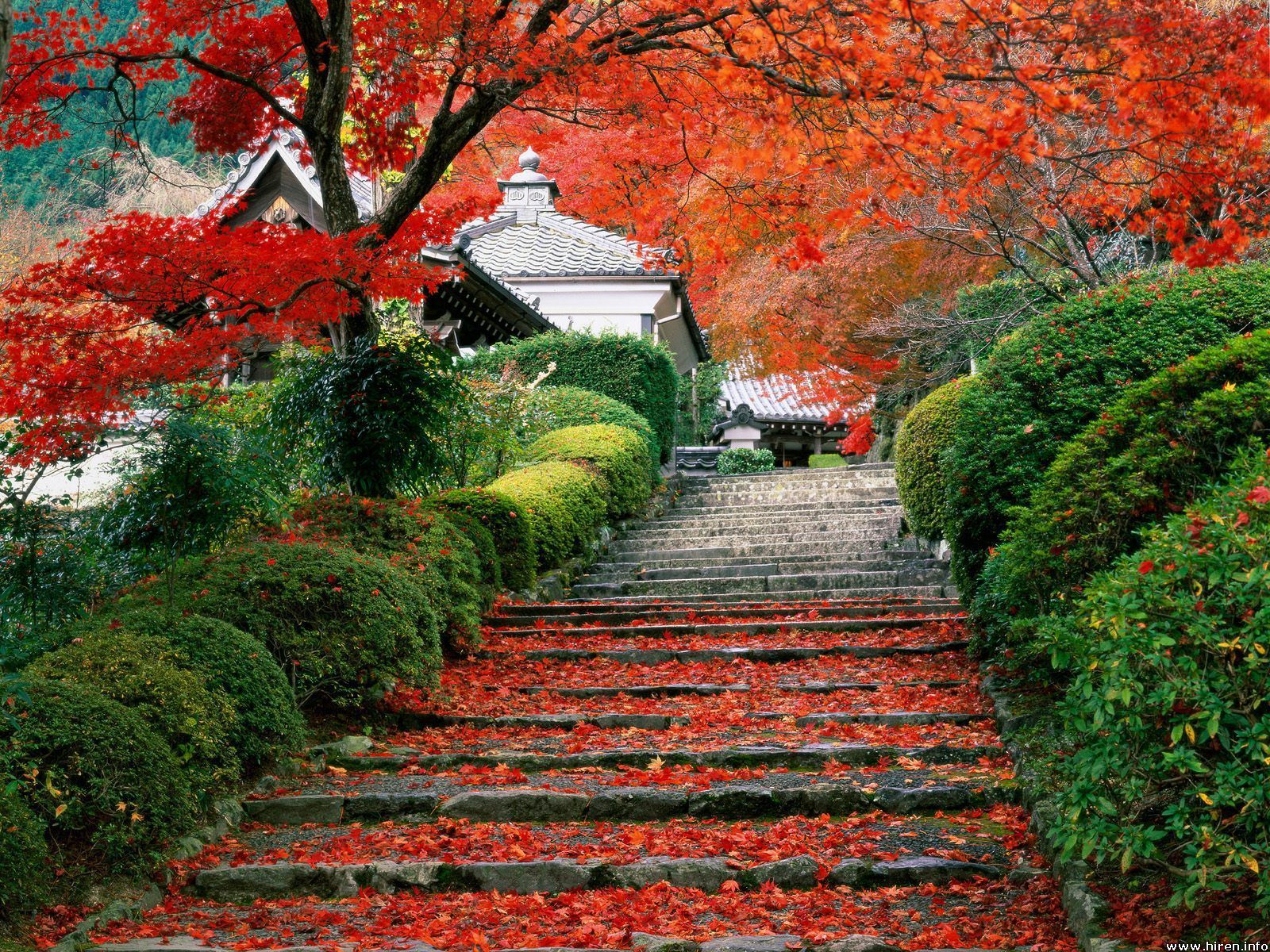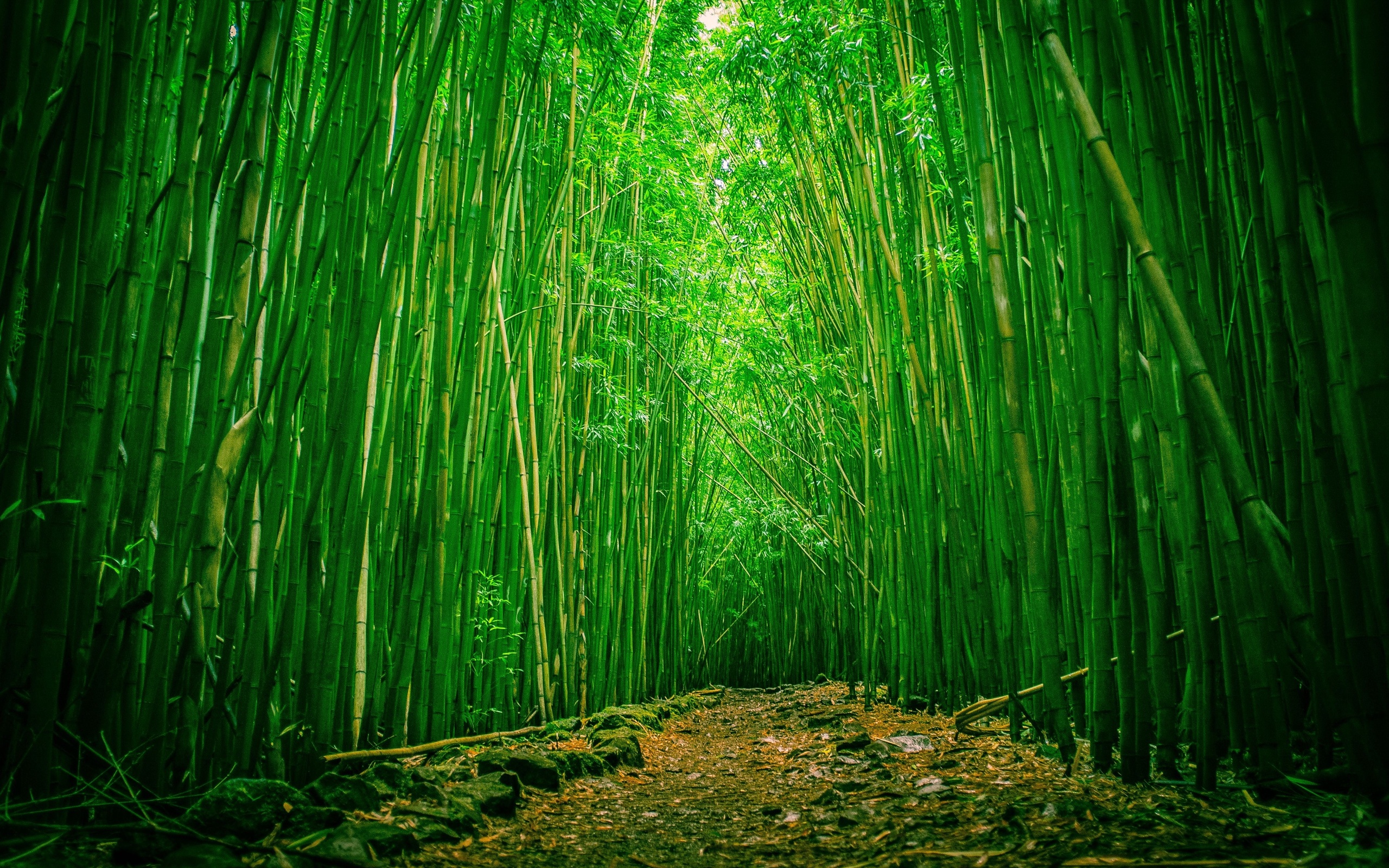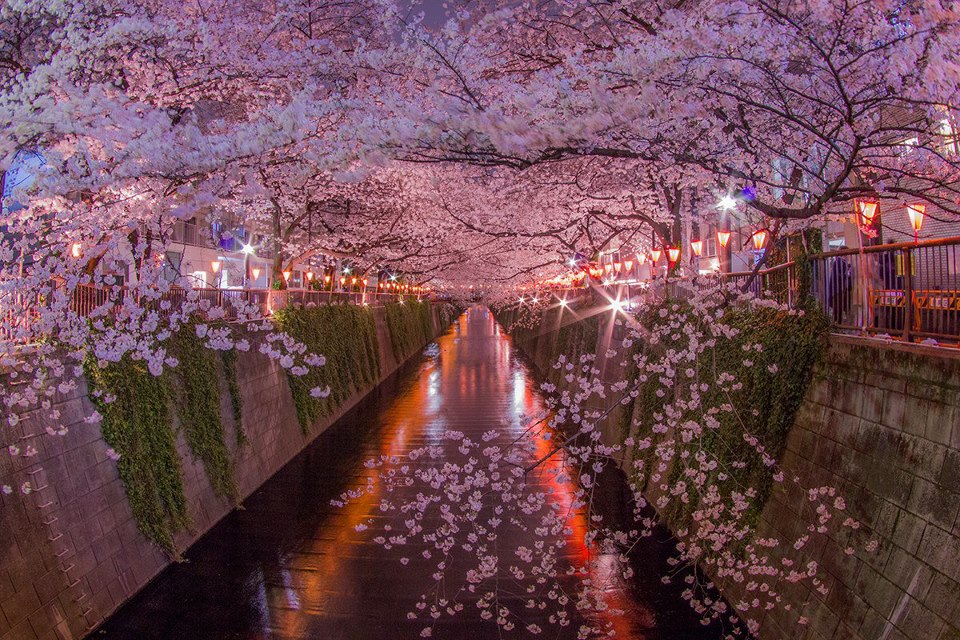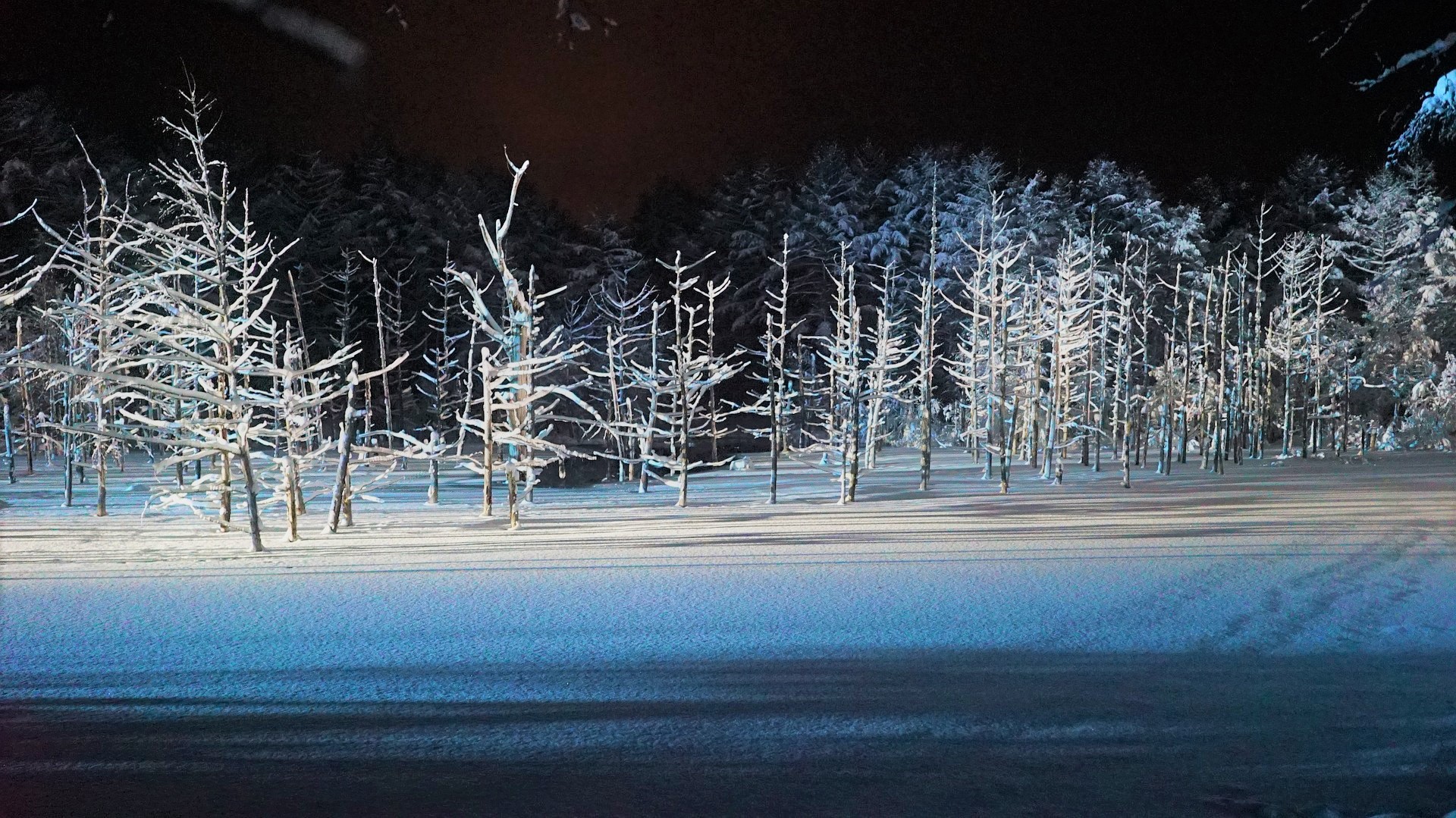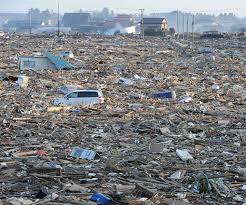Environmental issues in Japan
As an industrialized nation Japan must deal with tough environmental issues. Japan is the world’s leading importer of exhaustible energy resources and the world’s fifth largest emitter of greenhouse gases. It is a signatory of the Kyoto Protocol and also the country which hosted the conference in 1997. Under the Kyoto Protocol treaty Japan is obligated to reduce its carbon dioxide emissions to a level 6% lower than its 1990 levels. In addition, Japan must take other steps to curb global climate change.
Nuclear power provides about 35% of Japan’s electricity. There are currently 63 nuclear power plants operating in Japan making it the second largest user of nuclear power in the world. All of these power plants produce waste which much be dealt with. Especially dangerous is HLW, or high-level radioactive waste. To address this issue the Rokkasho Reprocessing Plant was built in Ibaraki, Japan. There are many opponents to the opening of the plant, including Greenpeace, which feel the plant poses danger to surrounding residents. The opponents also feel Japan should be investing money in cleaner and safer renewable energy sources.
Japan is one of the world’s largest consumers of fish. However, due to depleting ocean stocks the annual catch has been rapidly decreasing. Japan is the world’s third largest consumer of fish, following China and Peru. Numbers of the prized bluefin tuna, known as the diamond of the sea in Japan, are dwindling causing fishing quotas to be reduced. Japan has been facing international pressure from environmentalists to curb its consumption of bluefin tuna.
Japan’s whaling for “research purposes” has also attracted a great deal of negative international attention. The whale meat harvested from the research campaigns is sold in supermarkets and restaurants in Japan. Many people feel the Japanese JARPA research program is just an obvious cover for commercial whaling. The Sea Shepherd Conservation Society, lead by Captain Paul Watson, uses controversial tactics to stop Japanese whaling vessels in the Antarctic. Two common methods used by Sea Shepherd are throwing rotten butter and powerful stink bombs at the Japanese whaling vessels.
Renewable energy accounts for only 1.3% of Japan’s total energy production. Despite being technologically advanced and heavily dependent on oil imports, the country has set an unambitious goal of 1.6% by 2014. Currently Japan ranks 14th in the world for wind-power installations. With a lack of government policies to promote the use of renewable energies it is unlikely Japan will become a global leader in this area as many once thought.
Alton Trevino lives in Japan and enjoys writing about Japanese history and culture. Please visit the following pages to learn more about Japanese culture and ancient Japan.
Article Source: http://EzineArticles.com/expert/Alton_J_Trevino/307715
Article Source: http://EzineArticles.com/3883122
